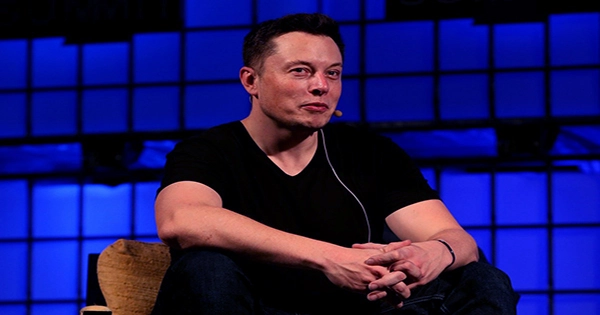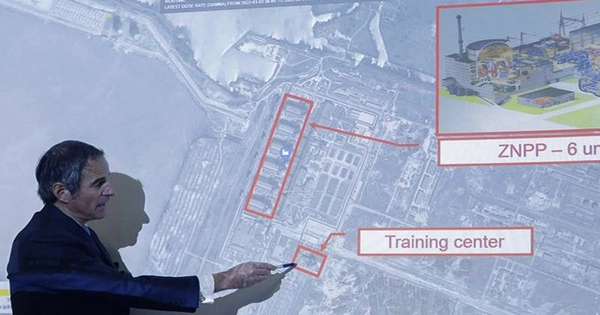Some have hypothesized that Elon Musk views himself as a real-life Tony Stark or Bruce Wayne, and that if this is the case, the Ukraine situation may have provided him with an opportunity to play out his fantasies — he claims to be delivering satellite internet service to the nation. It’s too early to know which category this will fall into, given Musk’s track record of both spectacular achievements and embarrassing failures, but a lot of lives might be on the line. When knowledge is power, having access to the Internet is essential. It is necessary for the people of Ukraine to mobilize military and volunteers in the face of invasion, to inform citizens on when and where to evacuate, and to communicate their efforts to the rest of the world.
Transmission towers and other infrastructure are likely targets, as this is unlikely to have passed Vladamir Putin’s observation. Mykhailo Fedorov, Ukraine’s vice prime minister, had an idea and took advantage of the fact that the system was still partly functional to request help from the one individual who might be able to help. Even Musk’s detractors are commending him on this one, with comments like “don’t make me like the man.”
However, the conversation almost happened at the same time as the announcement that Virgin Hyperloop, whose tubes are created by Musk’s Boring Company and were inspired by his idea, is laying off half of its workforce. Along with Tesla and SpaceX’s enormous triumphs, there have been a slew of great ideas that have failed miserably.
Despite the loss of some satellites due to a recent solar storm, Starlink presently has over 2,000 satellites broadcasting and receiving data in space. Getting people to prioritize Ukraine while they’re in the appropriate area of the world wasn’t the difficult part. Each satellite is said to be capable of supporting 2,080 users, which is a big boost but far from enough for a country with 43 million people. More crucially, a ground-based terminal is required to connect to Starlink. Ukraine is likely to have a few – official figures aren’t available – but it isn’t a worldwide hotspot. Musk may have promised “more terminals,” but transporting them to a combat zone and operationalizing them might be difficult.
Furthermore, while Starlink’s performance in ideal conditions is incredible, users have experienced significant interference from nearby trees or buildings. Maintaining line-of-sight with Starlink satellites travelling over different regions of the sky necessitates being the tallest thing around. Even yet, wind and rain can have a significant impact on performance. Even if the energy supply remains on to allow it, uploading more of the recordings that have helped build morale and make the world aware of possible future war crimes may not go well.
Ukrainians aren’t the only ones that have trouble getting online. Numerous allegations have surfaced of Russian soldiers becoming disoriented as a result of locals tampering with traffic signs. If they had access to Google Maps, that wouldn’t be the case, therefore the invading force may strive to seize rather than destroy terminals. Many observers, beginning with those who were adamant that it would never happen, have been shown wrong by Russia’s invasion of Ukraine. Those who predicted Russian forces would conquer Kyiv in a week are likely to be disappointed. Many individuals online believe Starlink will fix Ukraine’s Internet difficulties, while others believe it will be a complete failure. One of the deciding variables in the conflict might be whether either side understands what they’re talking about, or if the truth falls somewhere in the middle.
















